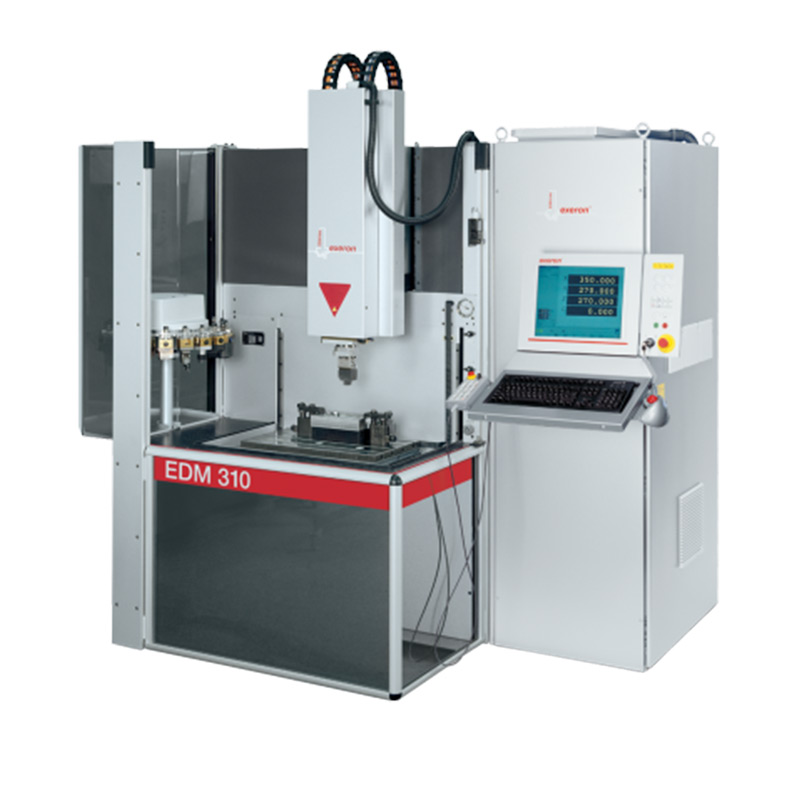
- Afrikaans
- Albanian
- Amharic
- Arabic
- Armenian
- Azerbaijani
- Basque
- Belarusian
- Bengali
- Bosnian
- Bulgarian
- Catalan
- Cebuano
- Corsican
- Croatian
- Czech
- Danish
- Dutch
- English
- Esperanto
- Estonian
- Finnish
- French
- Frisian
- Galician
- Georgian
- German
- Greek
- Gujarati
- Haitian Creole
- hausa
- hawaiian
- Hebrew
- Hindi
- Miao
- Hungarian
- Icelandic
- igbo
- Indonesian
- irish
- Italian
- Japanese
- Javanese
- Kannada
- kazakh
- Khmer
- Rwandese
- Korean
- Kurdish
- Kyrgyz
- Lao
- Latin
- Latvian
- Lithuanian
- Luxembourgish
- Macedonian
- Malgashi
- Malay
- Malayalam
- Maltese
- Maori
- Marathi
- Mongolian
- Myanmar
- Nepali
- Norwegian
- Norwegian
- Occitan
- Pashto
- Persian
- Polish
- Portuguese
- Punjabi
- Romanian
- Russian
- Samoan
- Scottish Gaelic
- Serbian
- Sesotho
- Shona
- Sindhi
- Sinhala
- Slovak
- Slovenian
- Somali
- Spanish
- Sundanese
- Swahili
- Swedish
- Tagalog
- Tajik
- Tamil
- Tatar
- Telugu
- Thai
- Turkish
- Turkmen
- Ukrainian
- Urdu
- Uighur
- Uzbek
- Vietnamese
- Welsh
- Bantu
- Yiddish
- Yoruba
cost analysis of establishing a car washing facility for optimal efficiency and profitability
The Cost of Establishing a Car Washing Plant
In recent years, car washing has transformed from a simple manual service to a highly efficient and profitable business model. As car ownership continues to rise globally, so does the demand for car washing services. For entrepreneurs looking to invest in this burgeoning sector, understanding the costs associated with establishing a car washing plant is crucial. This article will explore the key factors contributing to the overall cost of setting up a car washing facility.
Initial Investment and Site Selection
The first step in establishing a car washing plant is selecting an appropriate location. The site must be strategically located in an area with high traffic and visibility, preferably near residential neighborhoods or commercial districts. The cost of land or leasing space can vary significantly based on location. Urban areas typically have higher real estate prices than suburban or rural locations. Before making a decision, potential owners should conduct market research to assess foot traffic and competition, which can influence rental or purchasing costs.
Equipment and Technology Costs
Once a site is secured, the next significant expense will be the acquisition of equipment and technology. A modern car washing plant generally includes various automatic and manual washing systems, such as conveyor belts, pressure washers, soap dispensers, and drying equipment. Depending on the scale of the operation, these items can cost anywhere from $50,000 to $500,000 or more.
In addition to equipment, the integration of technology plays a crucial role in operational efficiency. Investing in software for scheduling, inventory management, and customer relationship management can streamline operations and improve customer satisfaction. The cost of such technology can range from a few hundred to several thousand dollars annually, depending on the features and capabilities of the software.
Labor Costs
Labor is another significant factor to consider. The costs associated with hiring skilled employees, training, and benefits can add up quickly. A typical car washing plant may employ several staff members, including cashiers, wash attendants, and maintenance workers. Depending on the region’s wage standards, labor costs can represent a substantial portion of the overall operational expenses. Additionally, it is essential for business owners to consider the costs of training employees in customer service and equipment handling to ensure efficiency and safety.
car washing plant cost

Utilities and Maintenance
A car washing facility consumes a considerable amount of water and electricity. Thus, utility costs should be factored into the budget. Depending on local rates, the monthly costs can vary significantly. It's also important to consider water recycling systems, which can help reduce expenses while promoting environmentally friendly practices. Though installation may incur upfront costs, long-term savings can make it a worthwhile investment.
Maintenance is another recurring expense that business owners should plan for. Regular maintenance of equipment not only prolongs its lifespan but also ensures that the operation runs smoothly. Setting aside a portion of the budget for maintenance helps avoid unexpected downtimes and costly repairs.
Marketing and Legal Expenses
Establishing a brand presence is vital for attracting customers. Initial marketing costs for promoting the new business may include signage, online advertising, and local promotions. Depending on the strategy, these costs can range from a few hundred to several thousand dollars.
Legal expenses, including business licenses, permits, and insurance, should not be overlooked. Compliance with local regulations is essential to avoid potential fines and interruptions in operations. Entrepreneurs should budget for these costs early in the setup process to ensure a smooth launch.
Conclusion
Opening a car washing plant is an exciting opportunity for those looking to enter a growing industry. However, potential business owners must consider various costs, from site selection to equipment, labor, utilities, and marketing. With proper planning and budgeting, aspiring entrepreneurs can build a successful car washing operation that meets consumer demand while promoting environmental sustainability. As the auto care industry continues to evolve, smart investments in technology and service quality will play a critical role in achieving long-term profitability and growth.
-
Integrating Aqua Tunnel Car Wash in Shopping CentersNewsJun.24,2025
-
Gas Station with an Auto Car Wash MachineNewsJun.24,2025
-
Efficiency in Your Aqua Tunnel Car Wash: Power & Water-SavingNewsJun.24,2025
-
Car Wash Business with Advanced Auto Car Cleaning MachinesNewsJun.24,2025
-
Balancing Setup Costs with Aqua Tunnel Car WashNewsJun.24,2025
-
Aqua Tunnel Car Wash: Eco-Design for the Energy-Savvy EntrepreneurNewsJun.24,2025



